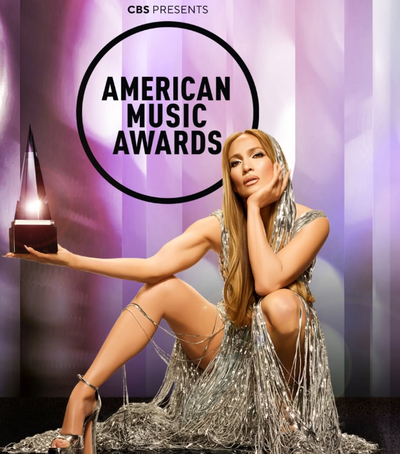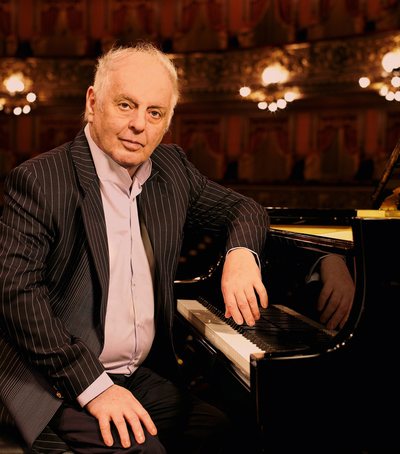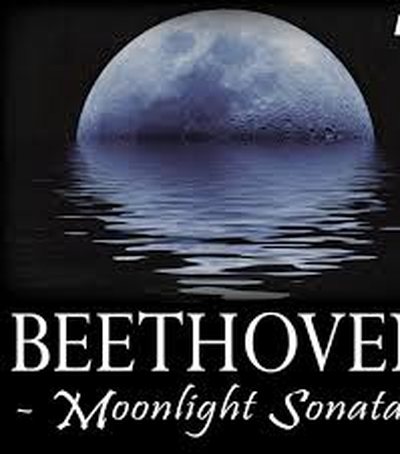
Music is a language. Both music and verbal language serve the same purpose – they are forms of expression. Both can be used as means of communication, they can be read and written. They can make us laugh or cry, they can make us reflect or ask questions. They can be addressed to an individual or a group of people and, above all, they can touch us deeply. In some cases, music communicates more powerfully than words because it does not need to be understood to be sensitive and effective.
However, while many musicians agree that music is a language, it is often treated differently from spoken language. Many of us see it as something that can only be learned through a strict regimen, under the guidance of a dedicated teacher. This method has been followed successfully for hundreds of years, but it takes a lot of time. Perhaps too much.
Think about your first language. Most importantly, think about how you learned it. When you first started speaking, you were still a baby, and although you made mistakes, no one stopped you or corrected you at every turn. On the contrary, the more mistakes you made, the more your parents smiled.
Learning a language wasn't a process that happened just a few times a week—it was a constant part of your life. Also, most of the people you spoke to weren't beginners, but fluent speakers. Imagine if your parents had allowed you to speak only to other babies until you were "good enough" to converse with them. You would likely reach adulthood before you could hold a full conversation. To use a musical term, as a baby you were allowed to improvise with the "professionals."
If we approached music in the same natural way we approach our first language, we would learn it just as quickly. We see this in families where children grow up among musicians – they absorb music like a second language.
Here are some keys to follow in the process of learning or teaching music:
1. Embrace mistakes instead of punishing them. When a child plays a guitar for the first time, there are no "wrong" notes.
2. Allow young musicians to perform with accomplished musicians every day.
3. Encourage them to play more than practice technically. The more they play, the more naturally they will develop their skills.
4. Remember that music originates from the musician, not the instrument.
5. And most importantly: a language is most powerful when we have something valuable to say.
6. Many music teachers never find out what their students want to express – they simply tell them what they "should" say.
7. A child speaks a language for years before learning the alphabet. If we impose too many rules at the beginning, we actually slow them down.
In my eyes, the approach to music should be the same. After all, music is a language too.
Source and Copyright of the Article - TED ED, Behind the Scenes Series:
https://www.youtube.com/watch?v=3yRMbH36HRE&list=PLJicmE8fK0Ej0ydQb92FLAqrjIPJZ_RU2&index=19





